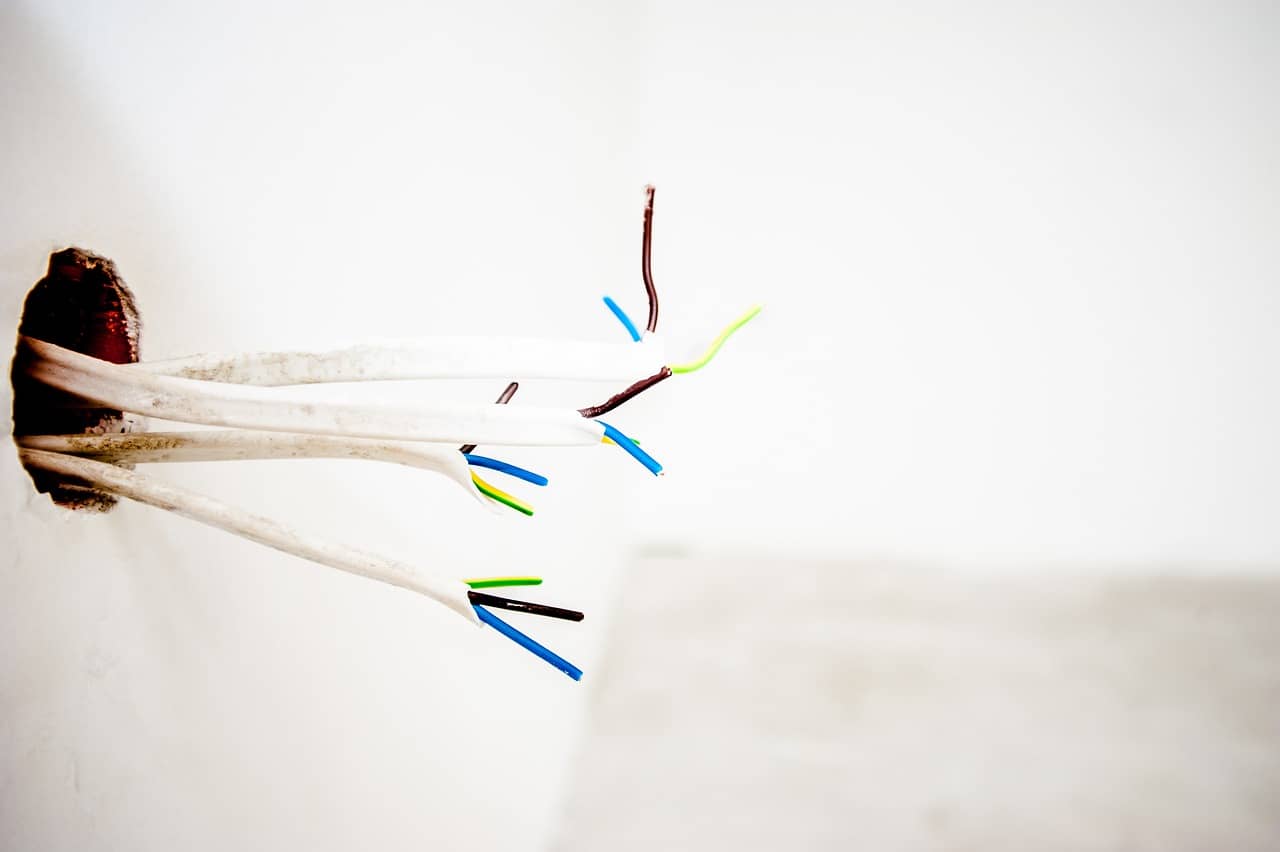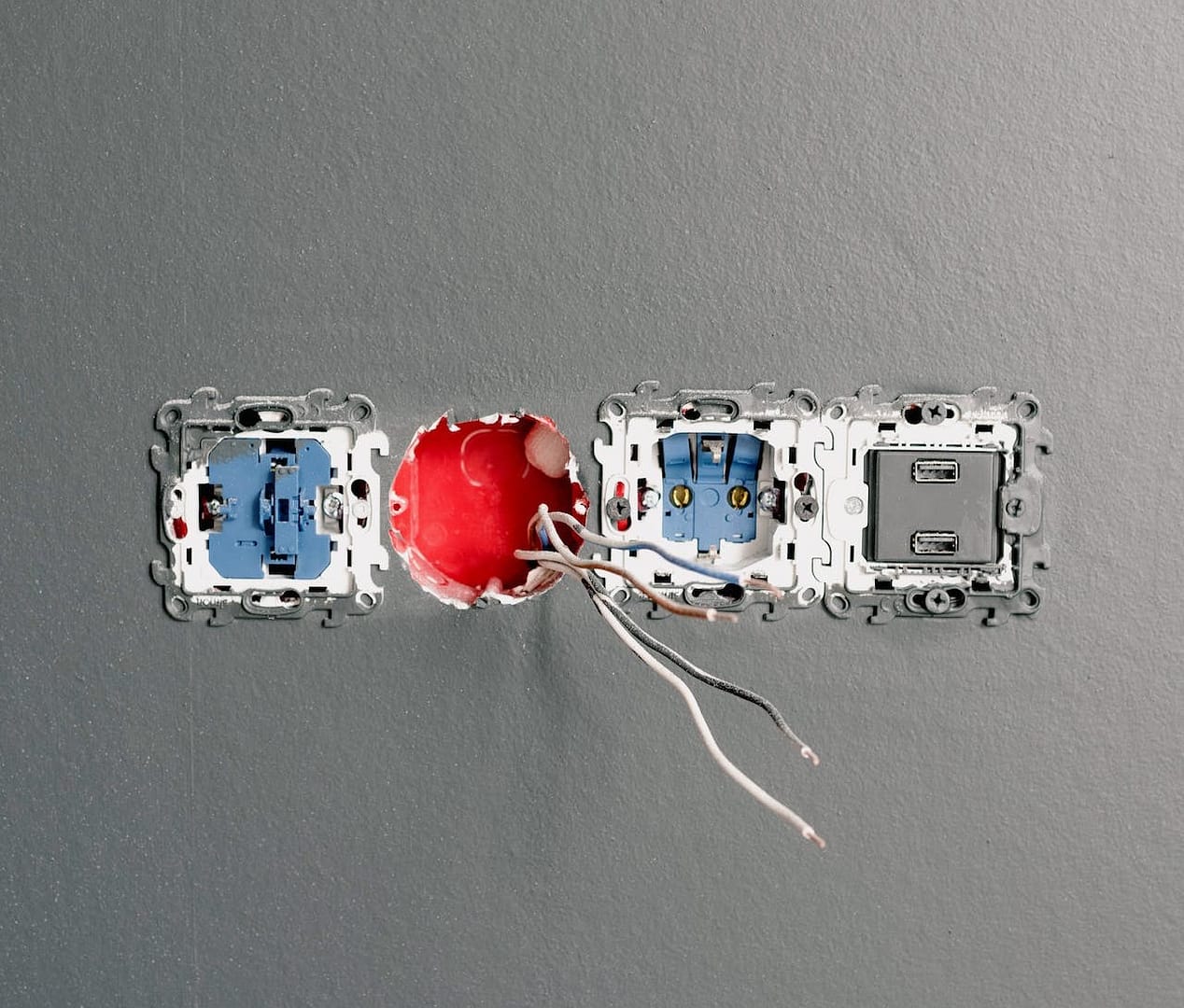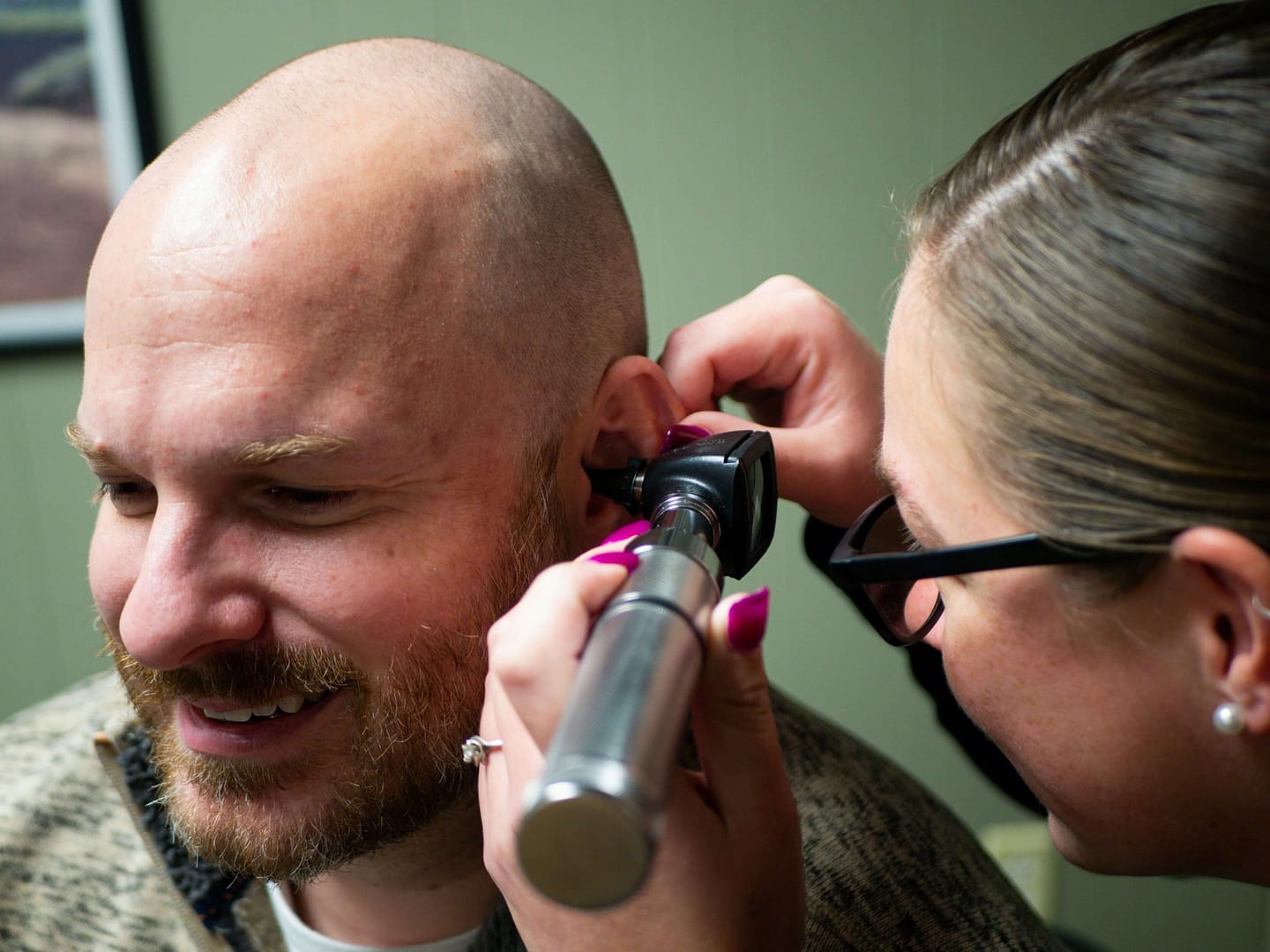When it comes to workplace safety in Scotland, one of the critical aspects that demand our attention is the prevention of electrical injuries. Electricity is a ubiquitous part of our modern lives, powering our homes, offices, and industries. However, it can also pose significant risks when not handled with care and proper safety measures. In this article, we will explore the importance of electrical safety in the workplace in Scotland, including whether an Electrical Installation Condition Report (EICR) is a legal requirement and how the Reporting of Injuries, Diseases, and Dangerous Occurrences Regulations (RIDDOR) apply in the Scottish context.
Electrical Injuries in the Workplace
Electrical injuries in the workplace are a genuine concern in Scotland and across the United Kingdom. These injuries can range from minor shocks to severe incidents resulting in fatalities. It is crucial to understand that these incidents are not limited to a specific industry; electrical hazards can exist in various work environments, from construction sites to offices and factories.
The Role of EICR in Scotland
Electrical safety in the workplace is a shared responsibility between employers and employees. One essential tool in ensuring the safety of electrical installations in Scotland is the Electrical Installation Condition Report (EICR). An EICR is a detailed inspection and testing of the electrical systems within a workplace. It is conducted by qualified electricians and serves to assess the safety and compliance of the electrical installations.
Is an EICR a Legal Requirement in Scotland?
In Scotland, an EICR is not a legal requirement for all workplaces. However, it is highly recommended and, in some cases, obligatory under certain regulations and circumstances. To determine whether your workplace requires an EICR, you should consider the following factors:
Regulatory Requirements
Certain regulations and legislation may require specific workplaces to undergo regular EICR inspections. For instance, landlords in Scotland are legally obligated to provide an EICR to their tenants, ensuring that electrical installations are safe and well-maintained in rented properties.
Industry Standards
In many industries, compliance with industry standards, such as those set by the Institution of Engineering and Technology (IET) and the Health and Safety Executive (HSE), necessitates regular EICR inspections to maintain safety and uphold best practices.
Insurance and Liability
Some insurance companies may make EICRs a condition for coverage. This means that your workplace might need an EICR to maintain insurance and protect your business from potential liability in the event of electrical accidents.
While not a universal legal requirement, obtaining an EICR for your workplace in Scotland is a wise decision, as it ensures the safety of your employees and visitors, maintains compliance with regulations, and can protect your business from costly incidents.
RIDDOR and Workplace Safety Reporting
Another vital aspect of workplace safety in Scotland is the Reporting of Injuries, Diseases, and Dangerous Occurrences Regulations (RIDDOR). These regulations require employers to report certain workplace incidents to the relevant authorities. RIDDOR is a critical component of ensuring transparency and accountability in the workplace, particularly when it comes to electrical injuries.
Does RIDDOR Apply in Scotland?
Yes, RIDDOR applies in Scotland, just as it does in the rest of the United Kingdom. It is essential for employers and employees in Scotland to understand when and how to report workplace incidents under RIDDOR.
Under RIDDOR, employers are legally obligated to report the following types of incidents:
- Fatal accidents
- Major injuries
- Injuries that result in an employee being unable to work for seven or more consecutive days
- Specific work-related diseases
- Dangerous occurrences, which include incidents like electrical failures that could have led to serious injury or loss of life
Compliance with RIDDOR is a crucial part of maintaining workplace safety in Scotland. It ensures that incidents are thoroughly investigated, leading to improvements in safety measures and the prevention of similar incidents in the future.
Importance of Electrical Safety Training
While regulations, inspections, and reporting mechanisms play a vital role in electrical safety in the workplace, it is equally important to invest in training and awareness. Employees at all levels should be educated about the potential electrical hazards in their workplace and how to prevent them.
Recognising Electrical Hazards
Electrical hazards can be deceptive, as they are not always apparent. Training can help employees recognise common electrical dangers, such as exposed wires, damaged outlets, and malfunctioning equipment. By being vigilant and proactive, employees can play a significant role in preventing accidents.
Safe Working Practices
Proper training also instils safe working practices when it comes to electrical equipment and installations. Employees should know how to handle tools and machinery safely, how to turn off power sources in case of emergencies, and how to respond to electrical accidents.
Emergency Response
In the event of an electrical accident, knowing how to respond promptly and effectively can make a critical difference. First-aid training specific to electrical injuries can help employees provide immediate assistance until professional help arrives.
Making a Personal Injury Claim with National Claims
At National Claims, we understand that accidents can happen, and when they do, the impact can be life-changing. Electrical injuries in the workplace are a serious concern, and they can result in severe physical and emotional distress. That’s why we are here to guide you through the process of making a claim, ensuring that you receive the compensation and support you deserve.
The First Step: Seeking Medical Attention
Your health and well-being are of utmost importance. If you’ve suffered an electrical injury at your workplace in Scotland, the first and most crucial step is to seek immediate medical attention. Not only is this essential for your health, but it also helps document your injuries and the extent of the damage. Remember, your well-being comes first.
Gathering Evidence
Once you’ve received the necessary medical care, it’s time to gather evidence related to your electrical injury. This evidence will be crucial when making your personal injury claim. Document the incident, gather any witness statements, and take photographs of the accident scene. The more evidence you can provide, the stronger your claim will be.
Reporting the Incident
As mentioned earlier, RIDDOR applies in Scotland, and it requires the reporting of certain workplace incidents. Make sure that your employer or the relevant authorities are informed of the electrical injury incident. This not only ensures compliance with regulations but also establishes an official record of the incident.
Seek Legal Counsel
Making a personal injury claim is a complex process, and it’s essential to have experienced legal representation on your side. At National Claims, we have a team of skilled solicitors who specialise in personal injury cases, including electrical injuries in the workplace. We will assess the details of your case and provide expert guidance on the next steps.
Understanding Compensation
Compensation for a personal injury claim can vary based on the severity of your electrical injury and its impact on your life. Compensation may cover medical expenses, loss of earnings, pain and suffering, and other associated costs. Our team will work diligently to ensure you receive the compensation that reflects the full extent of your damages.
The Claims Process
At National Claims, we make the personal injury claims process as smooth as possible for you. We handle all the legal paperwork, negotiations, and communication with the responsible parties, allowing you to focus on your recovery. We are dedicated to securing the best outcome for your case and will keep you informed at every step of the process.

Conclusion
Electrical injuries and workplace safety in Scotland are critical issues that demand attention and action. Employers must prioritise safety measures, including EICRs, and employees should be aware of their rights and the reporting regulations like RIDDOR. Investing in safety training can go a long way in preventing accidents.
In case of an electrical injury, seeking medical attention and taking steps to gather evidence are vital. Reporting the incident is a legal obligation and contributes to maintaining transparency and accountability in the workplace. Seeking legal counsel and understanding the compensation process are essential when making a personal injury claim.
At National Claims, we are here to support you through this challenging time. We have the experience and expertise to handle your personal injury claim effectively, ensuring you receive the compensation you deserve. Your well-being is our priority, and we are committed to fighting for your rights. Remember, you don’t have to go through this process alone; we are here to help you every step of the way. Your safety matters, and your claim is our mission.
Contact us today to begin your claim with the help of one of our claims specialists.
Click below to see why we are one of the most trusted claims management companies in the UK.

We’re proud of our excellent customer reviews
We thrive on delivering exceptional service and ensuring our clients’ satisfaction. Don’t just take our word for it. Check out some of our independent reviews to see what our clients have to say.
Excellent

This firm is excellent, they sorted out my car pay out and injury claim very fast, they always communicate with you all the time.

My accident case was dealt with confidence and with great result of the outcome, especially James kept me informed all the time.

I was very impressed at the way my inquiry was treated. I was listened to attentively and everything I needed to know was explained to me.






